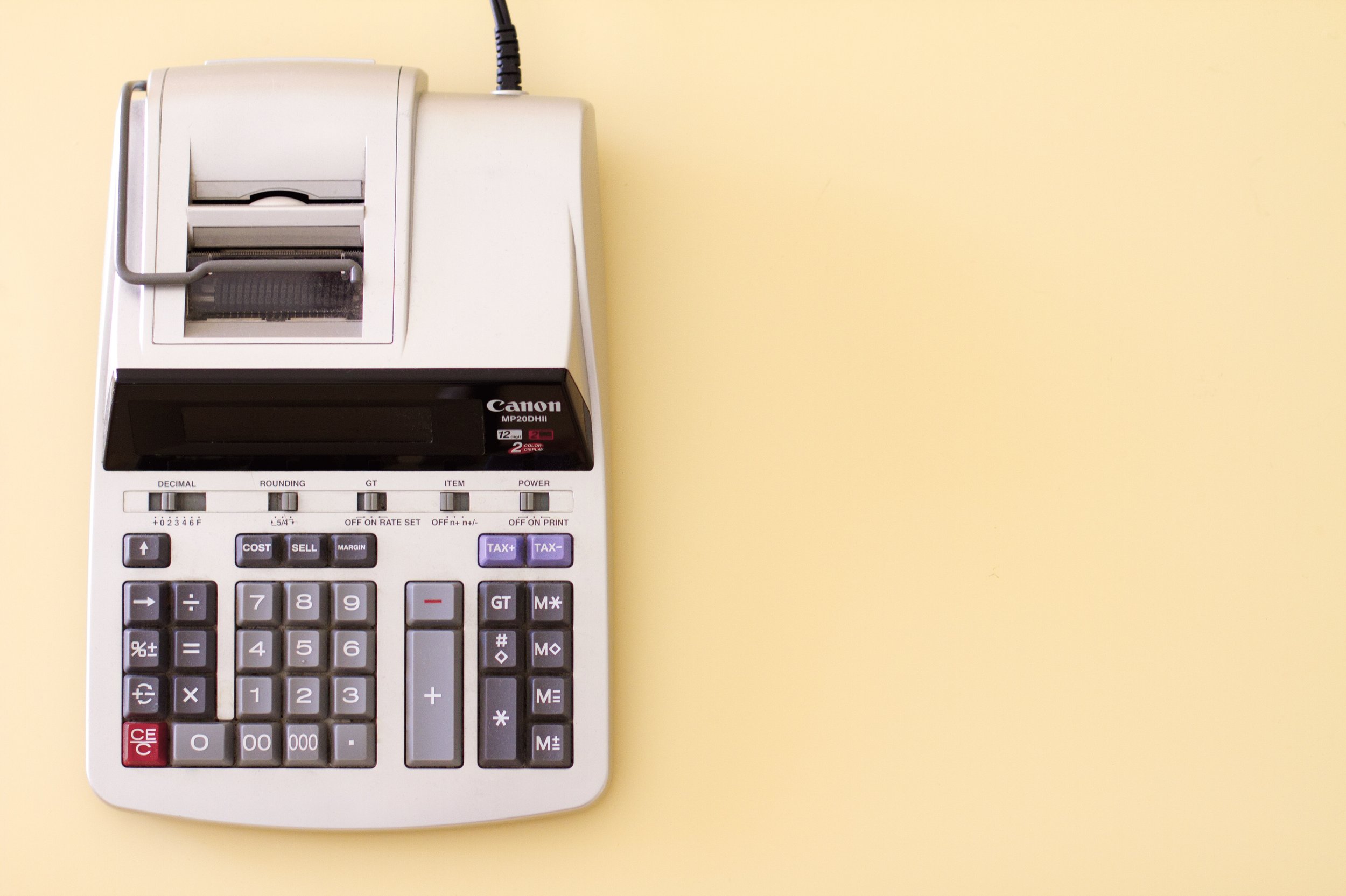Investing in Medical Office Space
Given recent worldwide events, it is no surprise that interest in medical office buildings (MOBs) has increased significantly.
The formerly niche product has moved front and center as multifamily yields have compressed in recent years and the current retail and broader office investment landscapes have seen a large scale disruption related to the ongoing COVID-19 issue.
What is Medical Office Space?
Simply, a medical office asset is an office building that is used for medical purposes (but you probably could have guessed that).
More specifically, a medical office building can range from a 1200 sq ft dentist’s office in an older converted home to a modern hospital complex measured in the millions of square feet.
Where you focus your time will naturally depend on the market you are in, the type of tenant you like to serve, and the depth of your pockets. As with most asset classes, if you prefer to invest in institutional grade real estate but don’t have the net worth to do it alone there are other options you can look into.
Why Medical Office is a Strong Investment
Stability of Tenants
One clear benefit to medical office tenants is the relative stability they can offer.
Compared with an average office tenant, particularly with those in smaller markets or facilities, doctors and dentists are often higher income professionals. That doesn’t mean that they will never default on their leases, after all a doctor is a person and you need to vet them like you would any tenant. Beyond personality specific issues, there is general business risk, and certainly much has been made about the climbing levels of debt required to enter the medical field.
That rising debt and general expense of doing business has led to a trend of practitioners joining larger practices as opposed to branching out on their own. That type of organization could be a single location, a regional chain, or a national corporation. As with most tenants, the larger the organization, the better the credit from a bank’s point of view, and that can make your debt profile pretty attractive.
An additional benefit of a medical tenant is longevity. Similar to a retailer, most medical office building tenants serve a local community through a physical presence. Once they have selected a site and built a loyal following it would require a severe change in circumstances to warrant a move. Medical offices can also be expensive to fit out, making existing facilities additionally “sticky” for the tenants.
Time will tell how much the rise of telemedicine is able to disrupt this need for a physical presence, but I expect we still have a long way to go before a majority of medical or dental visits and procedures can be done over the internet.
Financing Candidates
As described above, the relative financial strength of tenants and their stability of location can make them ideal candidates for financing real estate. In my ongoing discussions with commercial mortgage brokers, medical office is one of the few assets that is still attracting strong debt investment from CMBS and life companies alike.
One of the best day one operating deals I acquired on behalf of a family office was a newer (less than 5 years old) fully occupied class A medical office building just outside a major market. Because the sellers were a partnership of several practices and also the majority tenants (not an uncommon occurrence for practitioners looking for an investment return - see our earlier blog post about purchasing the real estate for your own business), they were willing to negotiate extensions to their leases in order to get the price they wanted.
By extending and staggering the leases prior to close, we were able to attain long term debt at full leverage and a low rate. The spread between the cap rate and the debt meant that we were able to purchase a performing and well built asset at a 16% operating return day one.
Potential Tax Benefits
I am not an accountant, and I am not going to do a write up of the 2017 tax code (as always, please consult your own CPA!), but one provision of the tax code seems to present a massive benefit to owners of medical office assets: the increase of accelerated depreciation.
In discussing various asset classes with a cost segregation provider a few months ago, he felt that on the average a medical office asset would be able to shift a larger share of its assets forward than other asset classes. In some instances, up to 25% would be possible. In this theoretical case, a purchaser of real estate could purchase an asset with 25% equity and a 75% loan. By doing a cost segregation on the asset, the purchaser may be able to effectively take a year 1 loss equivalent to contributed capital. That is a big paper loss to help offset gains elsewhere in a portfolio.
Of course, all individual circumstances are different and all properties are different, so I would encourage you to speak not just to your CPA but also a cost segregation provider about what they are currently seeing.
One Caveat with Medical Office Space - Management
While I wrote this post to highlight some of the benefits to purchasing a medical office asset, I did want to call attention to one “negative” aspect. Proper management of any asset is critical to its success as an investment, but I believe this is especially true in medical office.
For a small investor used to leasing traditional office space, finding qualified medical tenants isn’t as simple as putting up a Craigslist post, and once you do find one, larger regional and national will often have a complex bureaucratic system to navigate. Additionally, the longer lease terms and in depth build specifications can also make an error more costly to the owner.
So, Should You Invest in Medical Office Buildings?
As medical office buildings continue to rise in prominence as an asset class, I think it is important for all real estate investors to consider its potential role within a portfolio.
Certainly the recent market dynamics have highlighted the benefits of having tenants likely to be deemed “essential” by both governments and their customers. Coming out of this COVID era, I expect the key investment points of relatively stable tenants and attractive financing to remain for the long term.
Tax rules are always going to be less fixed than underlying fundamentals, so I encourage all investors to find and keep a good real estate CPA and cost segregation expert on their teams.
Share This Article:
About The Author:
Hunter Vigneault has focused on commercial real estate investments understands the importance of strong underwriting and market analysis to both buyers and sellers of commercial real estate.
Prior to joining The Cauble Group, he was the Vice President of Acquisitions for a Houston-based family office where he managed the identification and acquisition process for direct and sponsored investments across multiple sectors, including multifamily, medical office, and retail.















If you're serious about real estate investing, it's time to look beyond those quaint single-family homes.
Bold statement? Absolutely. But stick with me here.
Now, don't get me wrong. Investing in a single-family home beats twiddling your thumbs on the sidelines of the real estate game. And yes, I'll even go out on a limb and say that residential real estate still outshines many other investment vehicles out there.
But that's not why we're here today, is it?
I'm about to lay out five reasons why commercial real estate should be your go-to play.